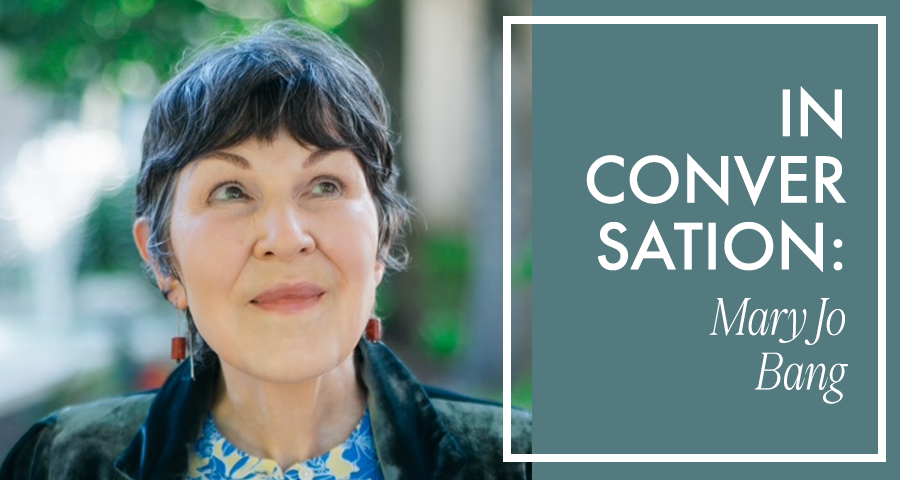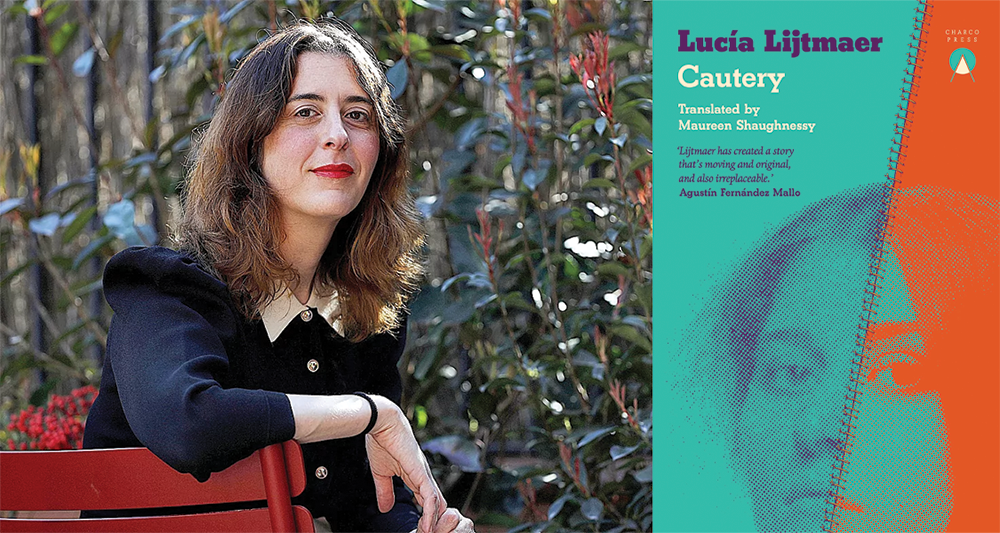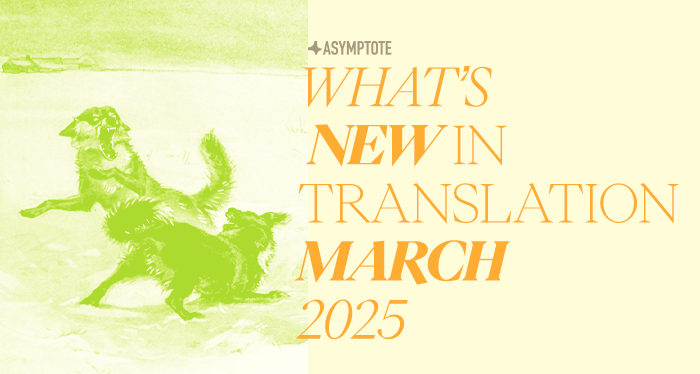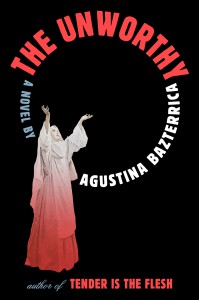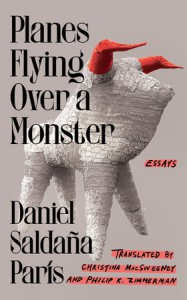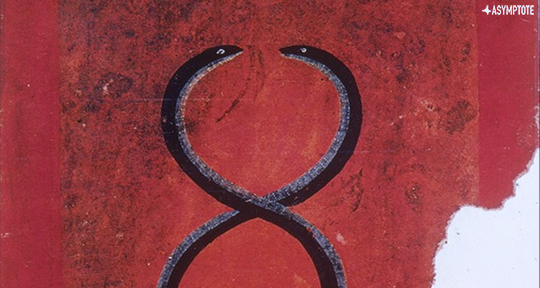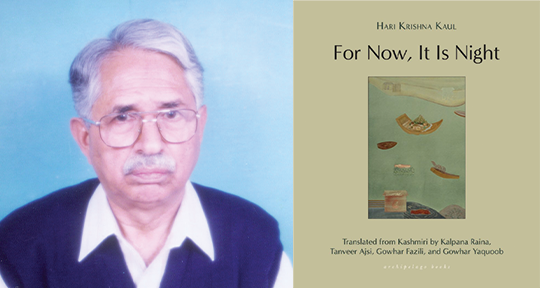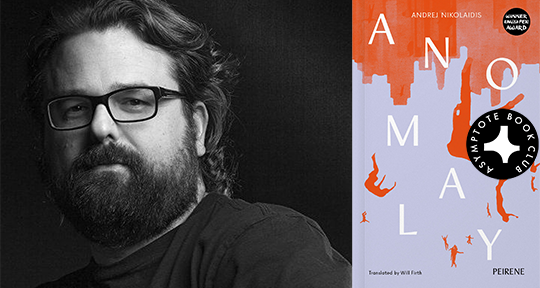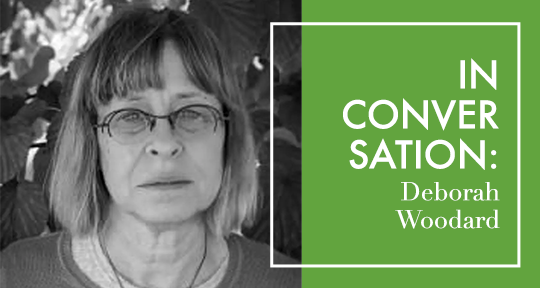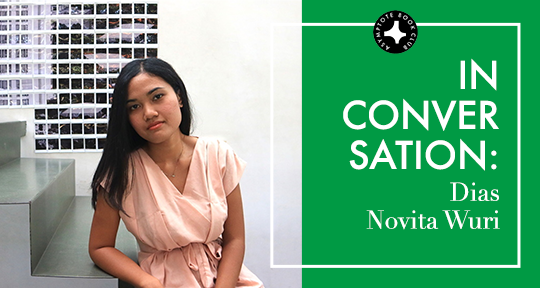Amelia Rosselli’s The Dragonfly is a tour de force, a powerful composition of the Italian poet’s singular multilingualism, musicality, and vertiginous travels around language, in which she reaches the heights of ecstatic sensuality to speak of the deepest violences. This major work has recently been republished by the independent Entre Ríos Books via Roberta Antognini and Deborah Woodard’s mesmerizing translation, and in this following interview, Woodard divulges on Rosselli’s experimental style, the politics amidst the lyricism, and the extent to which the poet’s personal reality inhabited her work.
Eva Heisler (EH): What an experience reading The Dragonfly! The long poem meanders, sometimes circles, but never settles. In “Metrical Spaces,” an essay Rosselli wrote around the same time as this poem, she says: “I noted strange thickenings in the rhythmicity of my thought, strange arrests, strange coagulations and changes of tempo, strange intervals of rest or absence of action; new sonorous and ideal fusions in accordance with the changing of practical time, of graphic spaces and of the spaces surrounding me continually and materially.” This description is strikingly on par with my own experience of the poem as a voice on the move, passing through rooms and streets and texts. Can you say more about the relationship between these two texts?
Deborah Woodard (DW): “Metrical Spaces” is key to understanding what Rosselli is up to in this “poemetto,” or long poem. Both texts illustrate Rosselli’s experimental poetics—or rather, “Metrical Spaces” is the theory, while The Dragonfly serves as the theory’s exhibit A. Rosselli was searching for a poetics that would be less constraining than formal verse, which she calls neo-classicism, yet be more rigorous than free verse and the surrealism that evolved in the early twentieth century, and which she viewed as somewhat played out or “too easy.”
Basically, as the title “Metrical Spaces” indicates, allotment of space on the page serves as the poem’s (visual) metrics. As my co-translator, Roberta Antognini, has noted, The Dragonfly was originally published in an IBM font, which tended to make each word take up an equal amount of space—a crucial insight for understanding Rosselli’s spatial poetics. For Rosselli, the unit of composition is the word, and the first line of the poem determines the form, or the approximate length of subsequent lines.
Rosselli read Objectivist poet and theorist Charles Olson in her mid-twenties, a few years before writing the first draft of The Dragonfly in 1958, and she appears to have embraced Olson’s theory of projective verse and composition by field. Olson writes: “Then the poem itself must at all points be a high energy construct, and, at all points, an energy discharge. So how is the poet to accomplish same energy. . . what is the process by which the poet gets in at all points energy at least the equivalent of the energy which propelled him in the first place. . . ?” Olson goes on to say: “I take it that PROJECTIVE VERSE teaches, is, this lesson, that verse will only do in which a poet manages to register both the acquisitions of his ear and the pressure of his breath.”
For Rosselli, as for Olson, it is the typewriter that makes possible composition by field, enabling spacial precision via layout and allotment of white space, and serving as key to the author’s ear and breath. Rosselli describes working on the typewriter in terms that make it sound akin to a musical instrument, referring at the close of “Metrical Spaces” to timbres and tempos, and “writing faster than light.” Rosselli was a serious student of music, and around this time she was making the choice to give up music, in part due to financial constraints but also in response to her growing sense that she’d be able to find publishers and make her way as a poet. Not long afterwards, she sold her musical instruments, making a clean, if difficult, break and transferring her musical acumen to her verse. The Dragonfly is the most propulsive of Rosselli’s works; its narrative unfurls at quite a clip, and one can imagine the poem “scrolling off” the typewriter platen as she typed. READ MORE…



